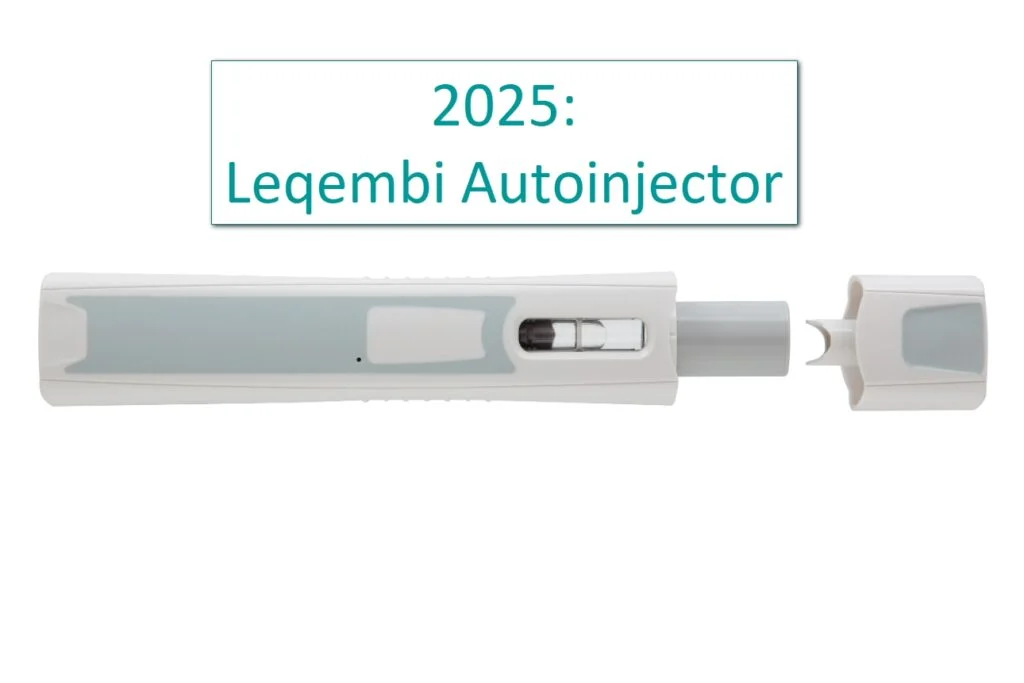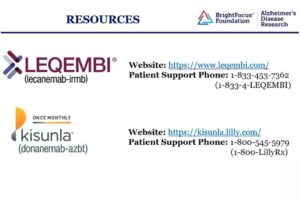If you’re supporting a loved one with early-stage Alzheimer’s, you understand how demanding treatment can be—especially biweekly hour‑long infusions at a clinic. The good news? As of August 29, 2025, the FDA has approved an at‑home, once‑weekly under‑the‑skin injection—Leqembi IQLIK—for those transitioning from initial intravenous (IV) therapy.
Benefits of the New Subcutaneous Option
- Convenience: Takes just 15 seconds to administer at home via an autoinjector—no infusion center visits required
- Flexible care: After 18 months of IV treatment, patients may either:
- Continue with monthly IV infusions, or
- Switch to weekly at‑home injections.
- Better tolerability: Less than 1% of patients on the subcutaneous version experienced systemic reactions—versus around 26% on IV.
- Maintained benefit: Clinical and biomarker benefits remain comparable to continued IV dosing when switching to weekly subcutaneous injections.
- Accessible launch: Set to be available in the U.S. starting October 6, 2025.
- Patient impact: Reduces travel time, lessens stress and risk for those in rural areas or with mobility issues.
Safety Profile & Clinical Context
- Based on solid data: Approval relied on sub-studies from the Phase 3 Clarity AD open-label extension trial, involving over 600 patients, including 49 who received the 360 mg weekly injection.
- No injection-related adverse events reported in those patients.
- ARIA risks remain: Rates of amyloid-related imaging abnormalities are similar to the IV version and mostly occur early in therapy .
- Clinical benefit continues: Data from Clarity AD show ongoing cognitive benefit, including slowed decline on scales like the CDR‑Sum of Boxes over 48 months.
What This Means for You
- Ease of care: No more travel or tedious clinic visits—treatment becomes more manageable for both patients and caregivers.
- Real-world adoption: Home injections could improve treatment adherence and quality of life, enabling more people to stay on therapy longer.
- Looking ahead: Eisai and Biogen plan to seek approval for starting treatment with the subcutaneous form—potentially simplifying the process even further.
Actionable Takeaways
- Ask your neurologist or care team whether transitioning to the weekly autoinjector is right for your situation.
- Stay up to date—the first doses are expected to be available in the U.S. by October 6, 2025.
- Remain vigilant for ARIA or other safety issues, especially during the early transition phase and maintain recommended monitoring.
Closing
This FDA approval marks a hopeful step toward more patient-centered Alzheimer’s care—offering flexibility, safety, and a lighter emotional and logistical load. If you’d like help explaining this option to others or want to explore writing on next-generation subcutaneous therapies, let me know—happy to help.











